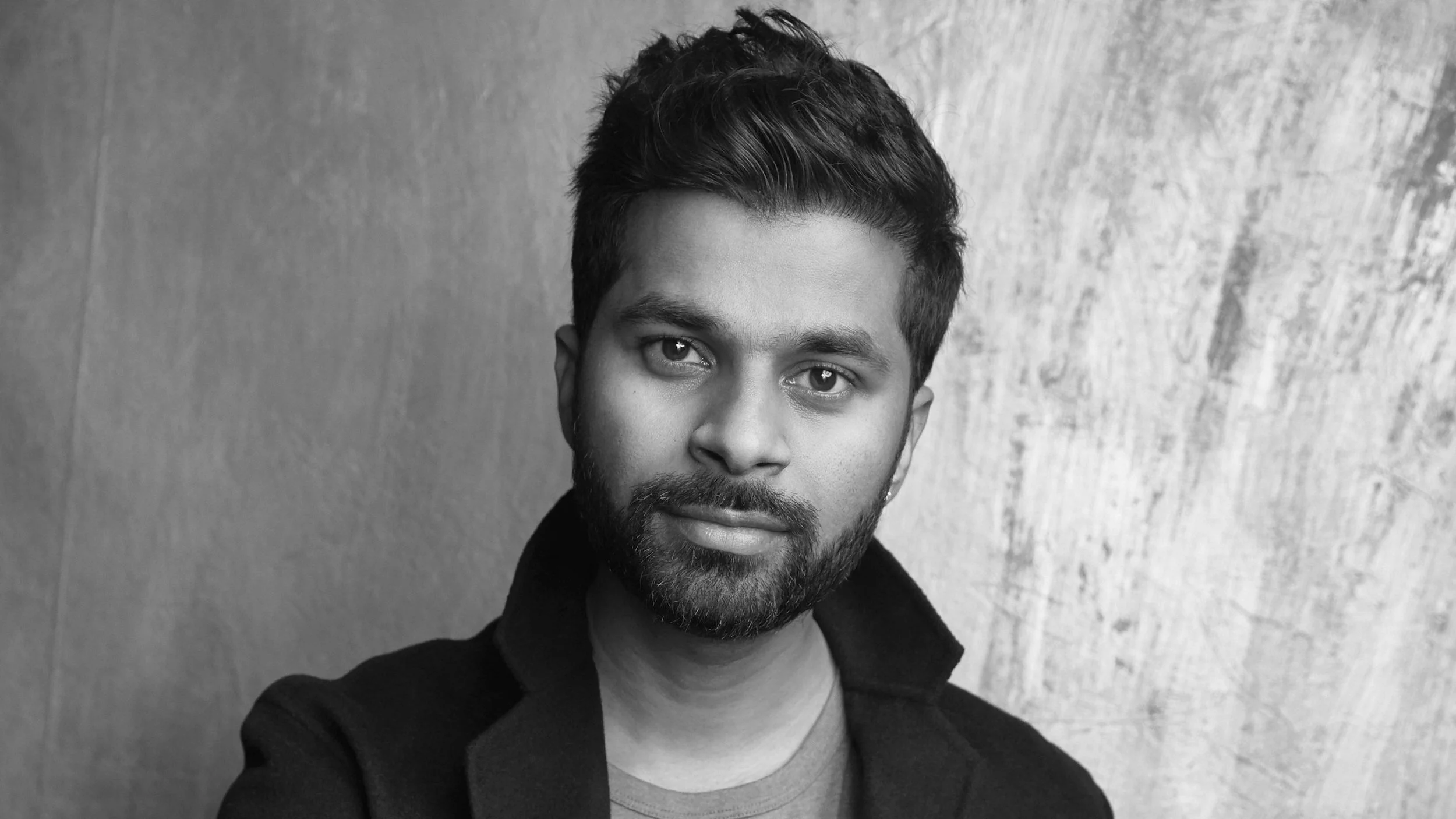Alumni Update: Fathima Nizaruddin
Fathima Nizaruddin is a 2009 scholar who pursued an MA in Screen Documentary at Goldsmiths, University of London. She is currently an assistant professor in AJK Mass Communication Research Centre at Jamia Millia Islamia, New Delhi.
In the blog post below she shares how to she came to being a practice-based researcher and is exploring new ways of building circulatory spaces that can resist the mobility of divisive narratives.
I received the Inlaks Scholarship in 2009 to pursue MA in Screen Documentary at Goldsmiths, University of London and this was a turning point in my life. At Goldsmiths, I became interested in practice-based artistic research. This form of research acknowledges that art practice can be a site for knowledge production. During my time there, I saw the film, A Whited Sepulchre, made by my teacher Prof. Tony Dowmunt as part of his practice-based PhD. This film made a deep impact on me, and I realized that practice-based research could be a way in which I could combine my love for filmmaking with my interest in academic research.
In 2013, I decided to pursue a practice based PhD program in Media Arts and Design from University of Westminster (UoW), London with the help of the CREAM fellowship program of UoW. My PhD work was around the Kudankulam anti-nuclear movement in Tamil Nadu. I made my last documentary film ‘Nuclear Hallucinations’ (India/UK, 2016) during this period. After completing my PhD film, I returned to India. In India, I saw an atmosphere of increasing polarization in which digital platforms seemed to play a significant role. I became curious about the circulatory networks around this process of polarization. I was particularly interested in the probability of finding ways of interventions within these circuits of polarization. I began to explore the possibility of using the work of the saint-poet Kabir to create thinking spaces that can work against the spread of misinformation and divisive speech. I was able to develop this idea into a post-doctoral project with the help of a fellowship from the International Research Group on Authoritarianism and Counter-Strategies (IRGAC) of the Rosa Luxemburg Stiftung, Germany.
In this ongoing project, I attempt to make sense of some of the patterns circulation of right-wing digital speech in India. With the insights gained from this study, I am trying to develop a transmedia project that prompts ordinary people to respond to the lines attributed to Kabir that question divisions based on superficial differences including that of religion. The idea behind this project which is titled ‘Bura na milya koi (I didn’t find anyone evil)’ is to form new ways to respond to a climate of, what scholars call, aspirational hatred in India that incentivizes hate speech; this climate prompts those who aspire to gain political stature or social capital to use hate speech as a tool to become prominent within right-wing networks. By using the framework of practice-based research, the project aims to develop templates of practices that can be expanded in similar political as well as communication landscapes.
Currently, the project is in its seed stage and a set of 30 cards have been developed with verses which have been adapted from the work of Kabir. During the research process, copies of these cards are circulated and people who gave consent to participate in the research are given the option of giving their response to the verses. These responses are filmed and a selection from these responses are being uploaded on to the YouTube channel of the project. Through the experiments within this project, I hope to explore new ways of building circulatory spaces that can resist the mobility of divisive narratives.
As is the case with most experiments, my journey with this project is not an easy one. But my experience of working with practice-based artistic research makes me hopeful about the possibilities that can arise from this experiment.






